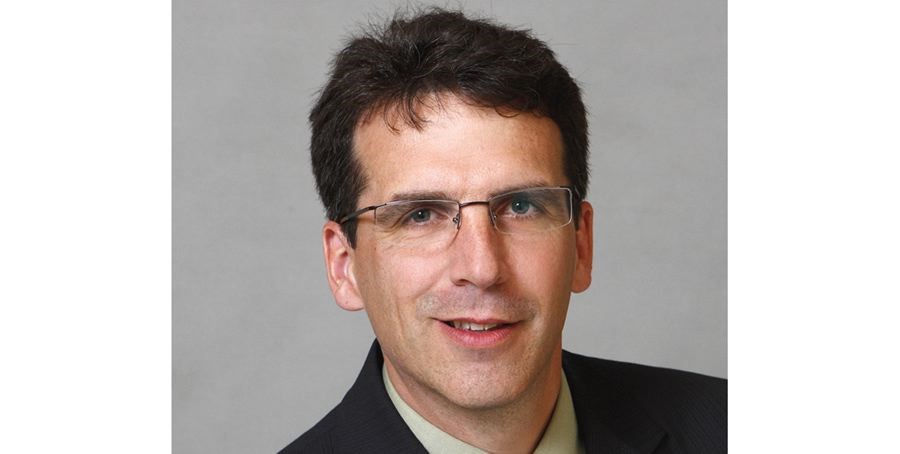My father was a one of many penniless homeless people during the Great Depression, riding the rails across the country from the East Coast, where he grew up, all the way to Alberta, hoping to find work on the way.
But life riding the rails was cheap and opportunities rare. He befriended a big moose of a travelling companion named Hank McFarley, a gentle giant who was fiercely loyal and never one to back down from a fight - a skill they both needed in order to stay alive.
Although the railway staff were arguably justified in doing their jobs, they were the arch enemy of the itinerant hobo.
Armed with power steam hoses, ostensibly for cleaning up the cattle cars, they prowled the empty railcars looking for stowaways, often early in the morning when the unsuspecting riders were still groggy.
One morning just as my father slid open the cattle car door to relieve himself, he was hit square in the chest with a powerful, scolding hot jet of crippling water.
His slight-framed five-foot-five body went cascading backward into the car, the yard worker climbing through the doorway in hot pursuit. Dad was trapped, and the worker knew it. This could be deadly. But just as the angry cleanup man stepped into the car, he was met with the giant fist of Moose McFarley, square in the forehead. Down he went, out of the car, flat on his back next to the rail line, very much the groggy one now.
The two freeloaders crept away from the scene, and into the forest for cover, back to the homeless camp a few hundred paces away. There they would find the warmth of a fire, and the courage to try again later.
I have no comparable of hardship for my cross-country journeys.
The most discomfort I have ever experienced on such a trip was somewhere way up in the sky above my dad's grounded excursion. The TV system went out on our 747 and my wife and I were forced to re-read the Toronto newspapers a couple more times, while the Air Canada staff scrambled to keep us happy by offering a few free snacks.
Dad's nine lives eventually ran out, but not until 45 years or so later, when his heart failed due to his poor man's diet back in the day. And on that never-timely note, we pick up the third in our series on death and taxes.
Death & Taxes - Part 3
Death benefits (other than CPP/QPP death benefits)
A death benefit is an amount received after a person's death for their employment service. A death benefit payable in respect of the deceased person is not reported on the final return for the deceased; rather, it is considered to be income of the estate or the beneficiary that receives it.
Up to $10,000 of the total of all death benefits paid may not be taxable.
Any amount of death benefits above $10,000 would be taxable to the beneficiary or estate that receives it.
RRSP deduction
No one can contribute to a deceased person's RRSPs after the date of death. However, if the deceased individual has RRSP contribution room at the time of death, as legal representative, you can make contributions to a spousal RRSP for the surviving spouse or common-law partner in the year of death or during the first 60 days after the end of that year. These contributions can be claimed on the deceased individual's final return up to the deceased's RRSP deduction limit for the year of death.
Pension income splitting
It may still be possible to split pension income included on the deceased's final return. To make this election, as the deceased's legal representative, you and the deceased's spouse or common-law partner must jointly elect to split pension income by completing Form T1032, Joint Election to Split Pension Income. Form T1032 must be filed by the filing due date for the deceased's final return.
Funeral and estate administration expenses
Funeral and estate administration expenses are personal expenses and are not deductible in calculating the income of the deceased or the estate.
Personal non-refundable tax credits
If the deceased was a resident of Canada from Jan. 1 of the year of death to the date of death, you can claim the full personal amounts on the deceased's final tax return. If the deceased was a resident of Canada for only part of the time from Jan. 1 of the year of death to the date of death, you may have to prorate the personal amounts.
Medical expenses
Medical expenses paid by the deceased or their spouse or common-law partner for either of them or their dependent children under 18 for any 24 month period that includes the deceased's date of death may be claimed on the deceased's terminal tax return.
To claim medical expenses for 24 months in the year of death, the tax return of a prior year could be adjusted so that no medical expense is claimed in that year, leaving the expense available for the year of death.
The information in this article is not intended to provide individualized legal or tax advice. Readers should obtain professional advice from a qualified tax and/or legal advisor before acting on it.
Mark Ryan is an advisor in Prince George with RBC Wealth Management, Dominion Securities (member CIPF) and can be reached at [email protected].



